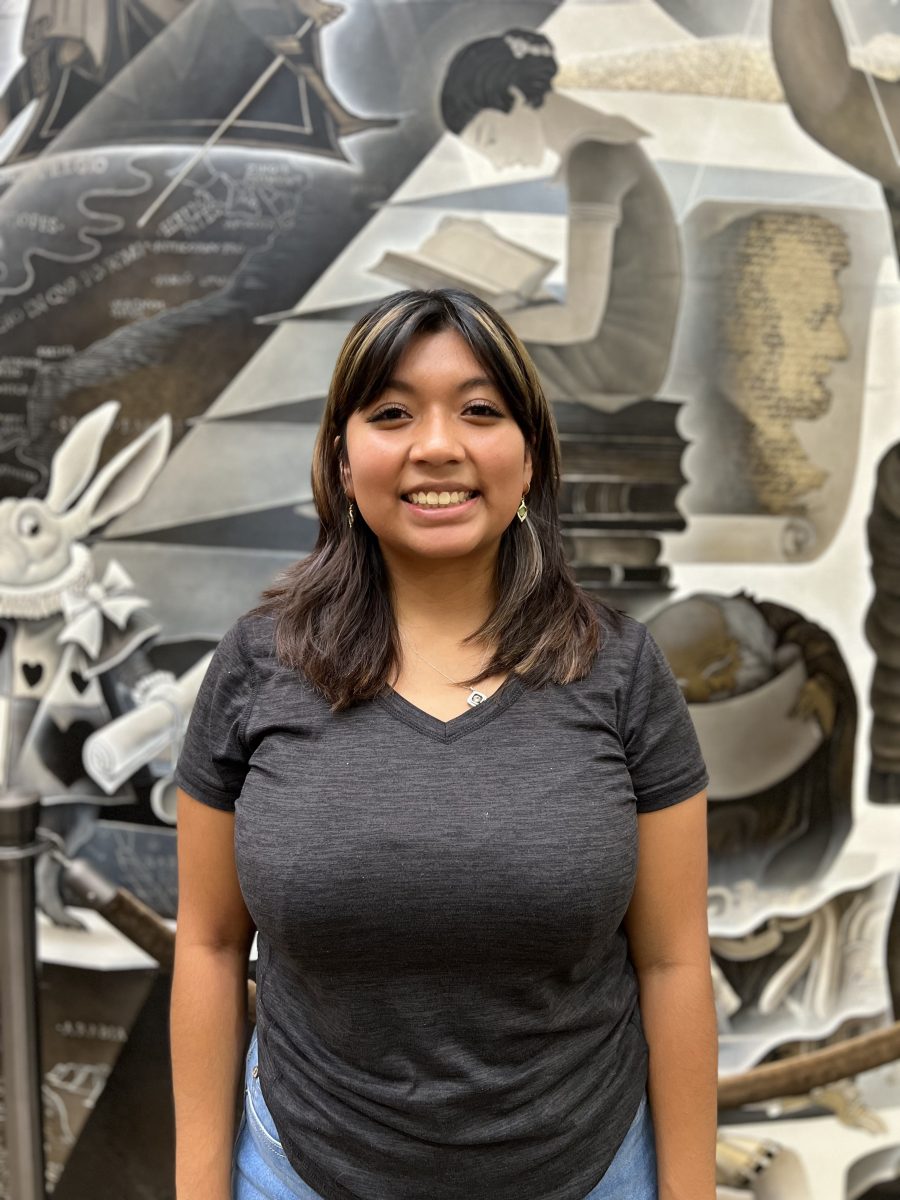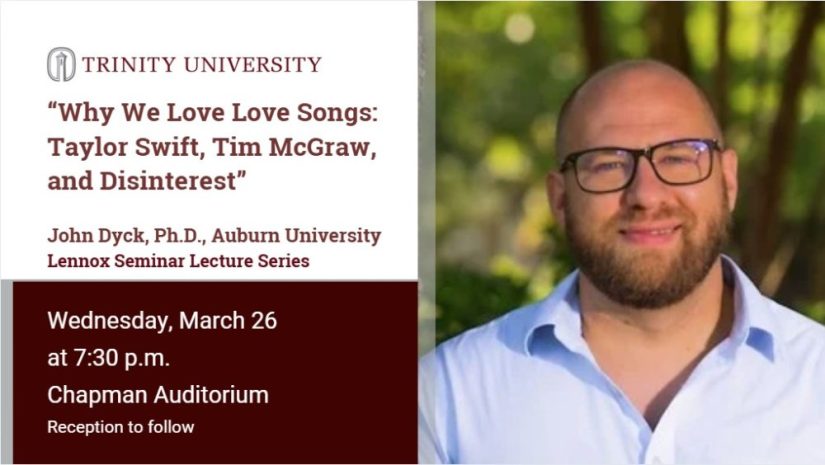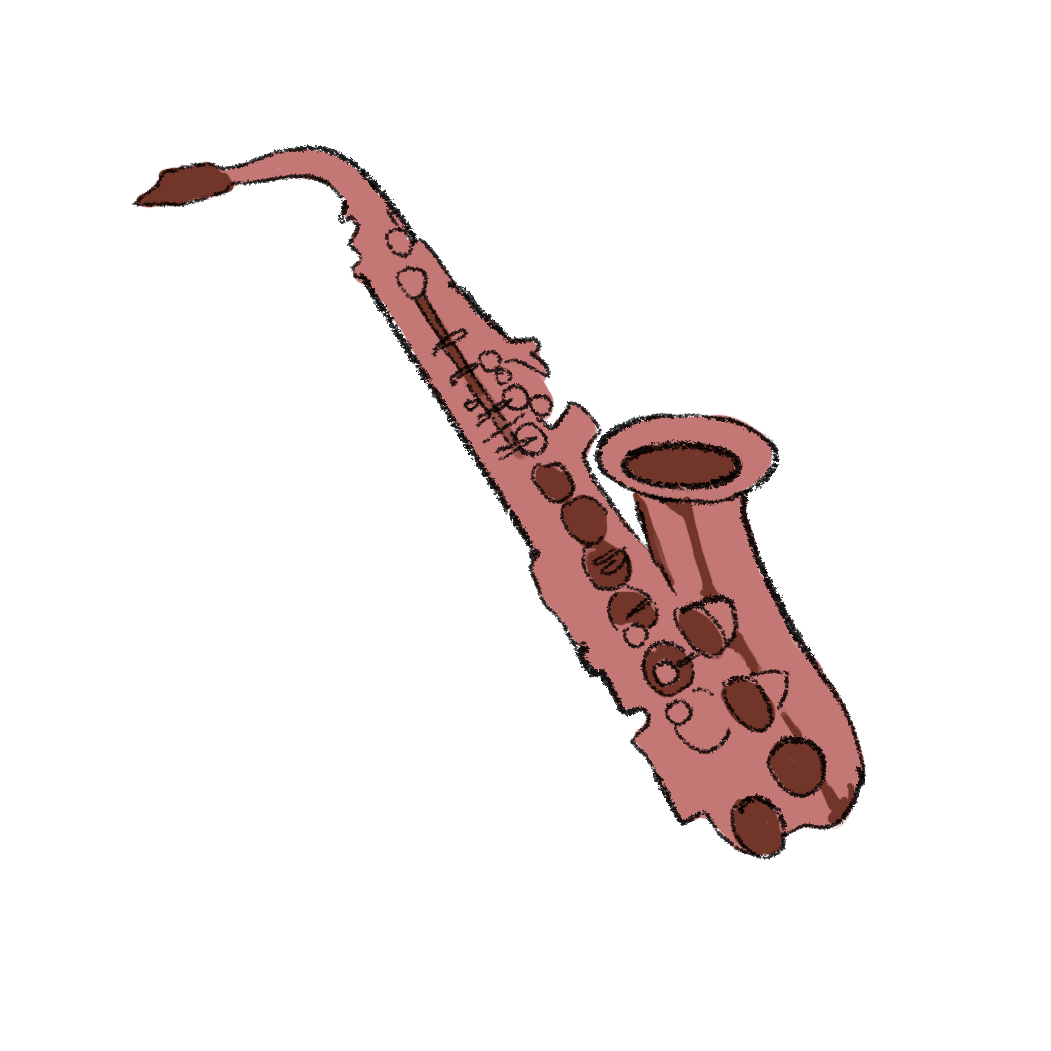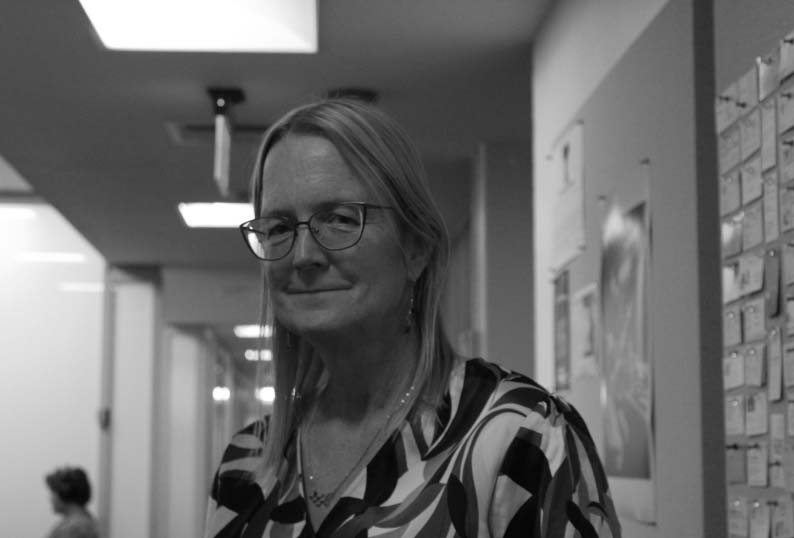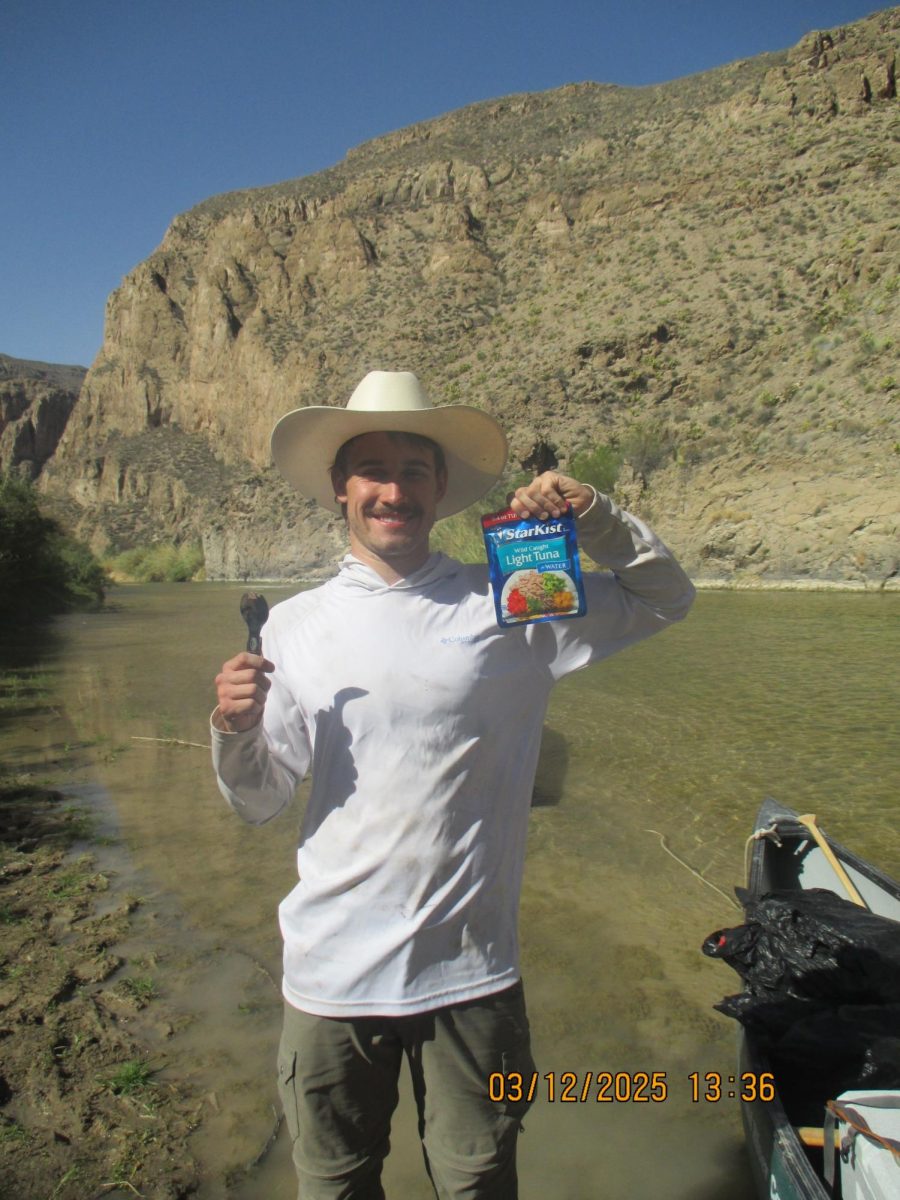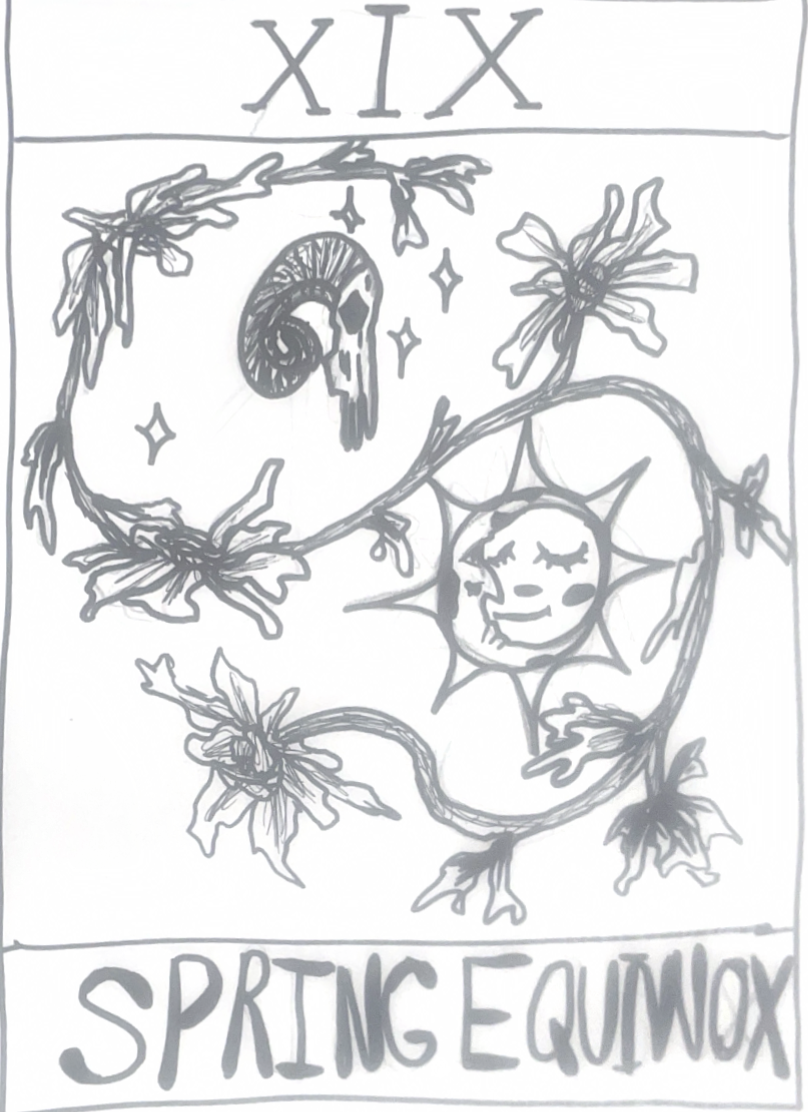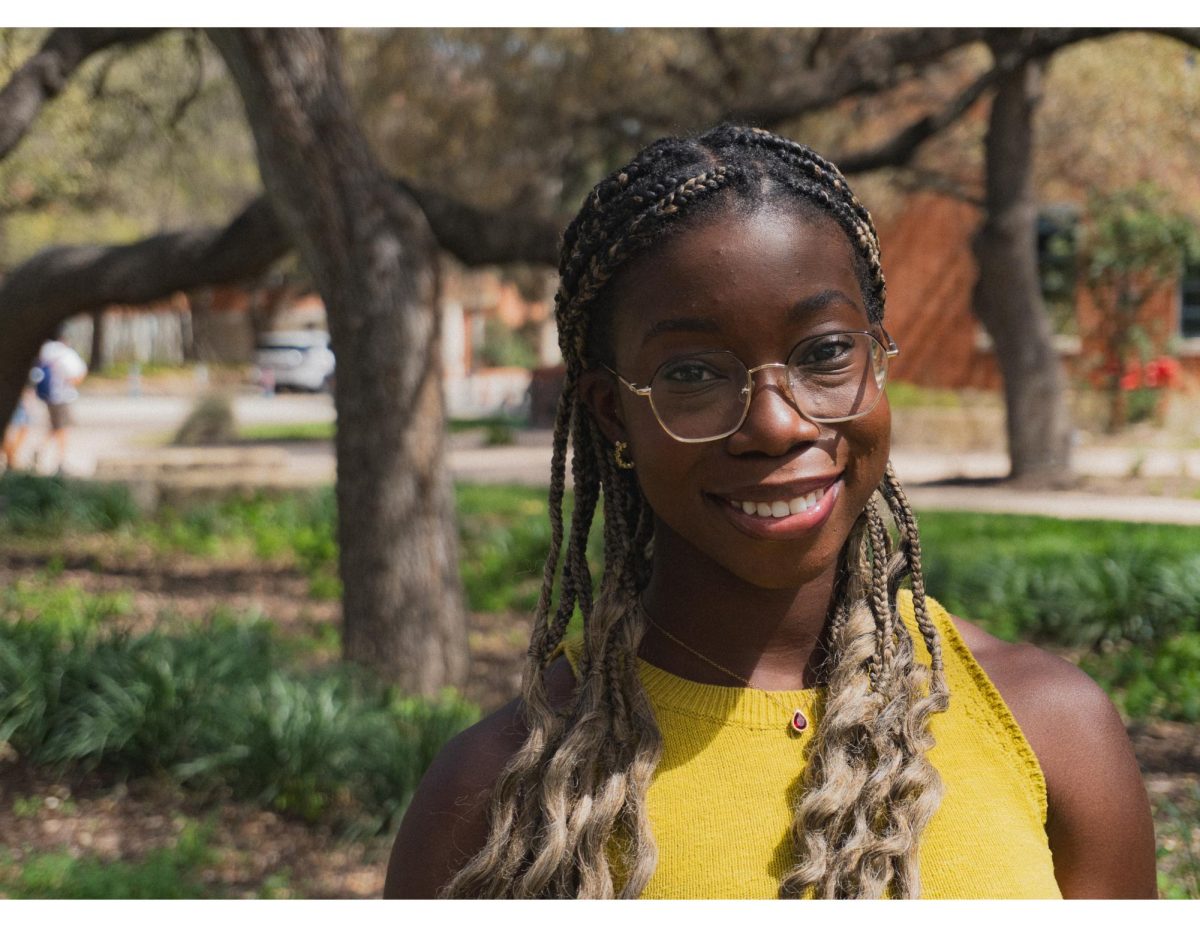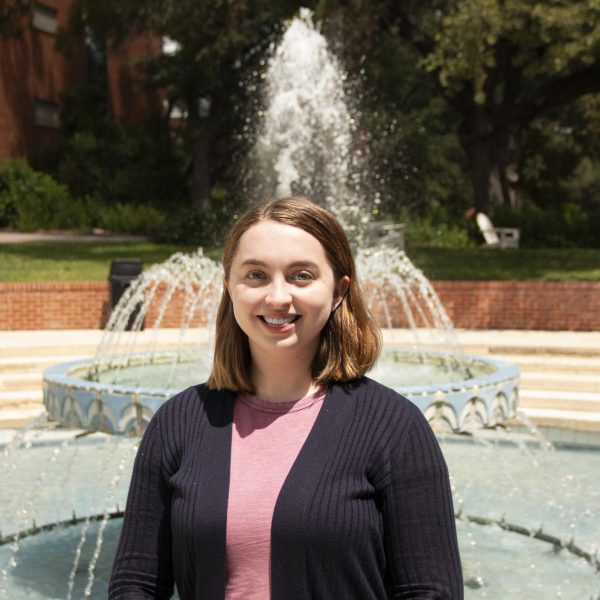Trinity University was certainly familiar to first-year Lizette Hernandez, who has lived in San Antonio her entire life. In fact, Hernandez’s high school graduation occurred right in Alamo Stadium, but getting into Trinity was never something Hernandez expected.
“I went to an SAISD school. They’re one of the poorest districts here, which really sucked because we didn’t have a lot of resources,” Hernandez said. “Edison especially was known to not be the greatest school in the district. There were constant fights. It was just not a good school. The building was literally falling apart. I remember there was a time where I looked up in my calculus class and there were tiles missing from the ceiling and there were brown stains from the water leaking, and there was a trash can to get the water that was leaking from the ceiling. And so when I got accepted to Trinity — not having a lot of things that most people had — I felt like I won. Like I won the lottery. It was — I can’t even explain it. I just kept telling myself, ‘oh my god, I did it. I did it on my own. I did it.’”
Over the summer, Hernandez participated in the Skyline Scholars program, previously known as the Summer Bridge program, where she had the opportunity to move in early and get a feel for college life before the semester started. For Hernandez, the experience proved incredibly valuable and helped her form lasting friendships and connections with other Trinity students.
“[Skyline Scholars] was really fun,” Hernandez said. “I come from a family that’s first-generation. Neither of my parents went past middle school. I think they only got to sixth grade, around there, because they migrated and had to help their families pay off stuff. I have older parents too, so I’ve always been into school and only school, but I was really scared of not finding myself in college because neither of my sisters ever lived on campus. They went to UIW and UTSA, so me being here was a first for everything. I felt like I couldn’t relate to any of my sisters because they didn’t have this kind of experience, and Skyline Scholars really let me find myself and find some inner peace that everything’s going to be okay.”
Since arriving on campus, Hernandez has become involved in the Cat Alliance, the Society of Women Engineers and the Q&A Café. Academically, Hernandez plans to focus on biological engineering, a choice inspired by a childhood experience.
“Growing up, I had an uncle who had diabetes, and his leg got cut off because he got hurt and he wasn’t able to treat it,” Hernandez said. “He was saving up to get a prosthetic but he never got it because they were so expensive, and I just really want to be able to give back to my community and be like, ‘well, here’s some inexpensive ways we can improve our health so that it’s accessible to everyone and not just those who can afford it.’”
Hernandez hopes to tackle this problem from the research side rather than through direct interactions with patients, so that she can get to the root of the issue.
“I want to do research on how to get people health care in a way that’s convenient and also cheap, because I know a lot of people here too struggle with money, and I’ve seen it with my family,” Hernandez said. “Insulin is [at] way too high of a price right now, and things that we need to survive aren’t available to us unless you have the money for it, and I really want to find a way for people to be able to not have to worry about getting food or surviving.”
In addition to being passionate about biomedical engineering, Hernandez is also deeply invested in questions surrounding reproductive rights.
“We shouldn’t take away reproductive rights from women because it’s not just affecting women, it’s affecting men too, because as long as they are able to take that right away from us, who’s to say they can’t take away other rights from us?” she said.
Hernandez’s passion over reproductive rights inspired a major achievement. In high school, Hernandez received an award through the AP with WE Service program sponsored by the College Board, an experience she is incredibly proud of.
“I made a whole pamphlet, and it was me communicating to my community: this is why it’s an issue, this is why we should care,” Hernandez said. “It’s not just something that you push under the rug or laugh about just because you think it doesn’t affect you. I personally have PCOS, so it’s going to be hard for me to have children in the future because I have a cyst on my ovaries, so knowing that and knowing that if I got pregnant at any point in time, there’s a chance that I would have a miscarriage, but if it is past a certain day I would have to live with it inside of me until it came out on its own. And knowing that I did that, I was able to get my word to the community, and I got awarded for it, that was my best accomplishment ever.”
If Hernandez could give one piece of advice to her past self, it would be this:
“Stay strong. Things happen for a reason. If you get past them, you’ll see why it happened.”

